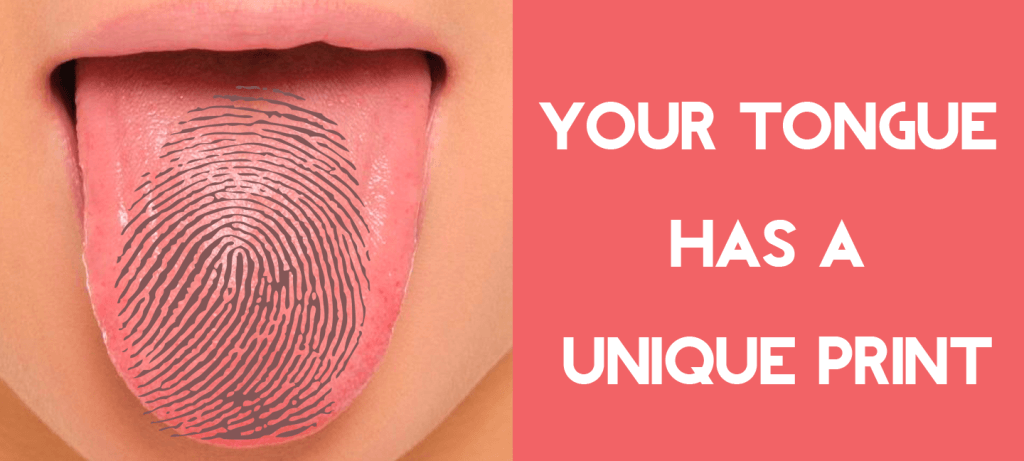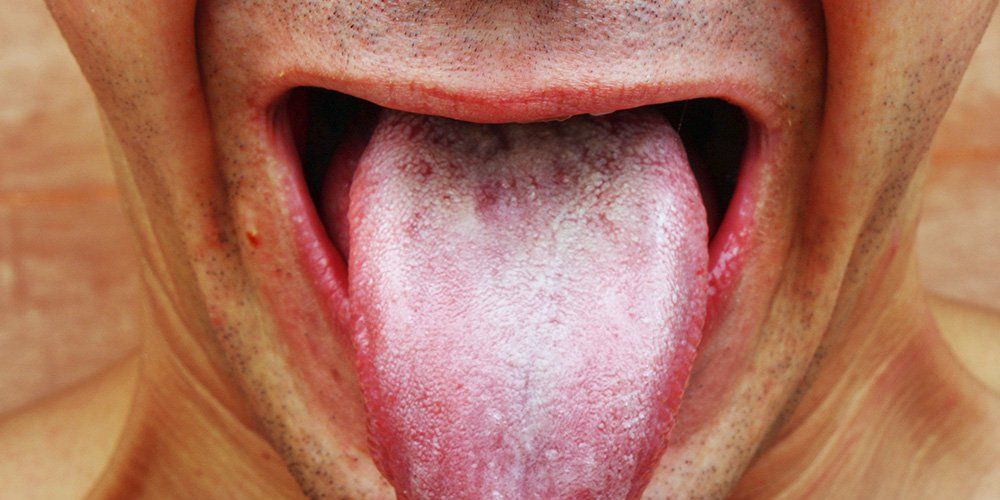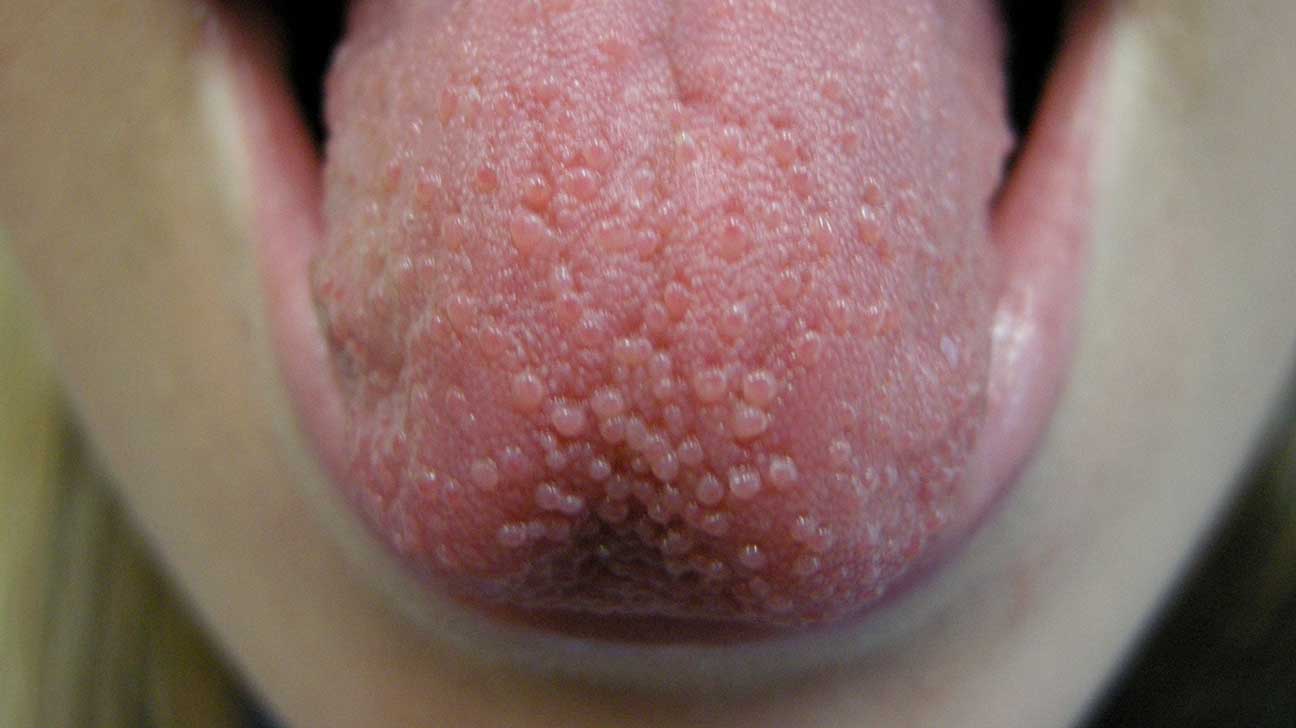
There are many ways to know how your healthis going, but in this article, we will be talking about the tongue signs of health problems. When it comes to your health, you may be accustomed to noticing changes in your energy levels, skin, and blood pressure. Your tongue is an often-overlooked window into your health.
While your dentist will examine your tongue for any signs of oral cancer, you can look for other changes on your own. In general, any significant changes in color, as well as the development of pain and lumps, may indicate a health problem. However, your tongue can undergo a variety of changes, each with a unique outcome.
Tongue Fast Facts
Brushing your teeth is probably the first thing that comes to mind when you think of practicing good oral hygiene. However, there is another part of your mouth that requires just as much attention and care as your chompers - your tongue.
The tongue is essential for tasting, swallowing, digesting, breathing, and communicating. That covers a lot of what you need to survive as a human being. And also to have fun while doing so. To help you better understand how this single muscular organ can accomplish so much, we've compiled a list of fascinating and useful tongue facts, as well as some care tips.
Quick Facts
- The average tongue is 3 inches long from back to tip.
- The human tongue is made up of eight muscles.
- Your tongue contains between 3,000 and 10,000 taste buds that are not visible to the naked eye.
- A taste bud has a two-week lifespan on average.
- Sweet, salty, sour, bitter, and savory are the five types of taste buds (umami)
- Your tongue is never idle. Even when you're sleeping
- The tongue is the most adaptable muscle in your body.
- To taste, your tongue requires moisture.
- Your tongue transforms sounds into words.
- Your tongue print is as one-of-a-kind as your fingerprint.
Anatomy Of The Tongue
The average tongue length is four inches. The anterior tongue (the front portion) accounts for roughly two-thirds of its total length. The other third is made up by the posterior tongue, which sits near the back of your throat.
Your tongue is made up of eight muscles. Intrinsic muscles are not attached to any bones and allow you to guide and shape the tongue's tip. The extrinsic muscles are attached to the bone and allow you to move your tongue. These muscles work together to give your tongue the freedom of movement it needs to perform many of its most important functions.
Tongue Is Able To Taste Different Flavors
On your tongue, you could have anywhere from 2,000 to 10,000 taste buds, each with 50-150 receptor cells. They are excellent regenerators, with cells replacing themselves every 1-2 weeks.
According to the University of Texas Health Science Center, digestive enzymes in saliva dissolve food so that your taste buds can detect and perceive it as one of five flavors: sweet, sour, bitter, salty, or savory. Taste receptors can also be found in your cheeks, palate, lips, and the back of your mouth.
Sensitivity
The tip of your tongue is the most sensitive part of your body, and it provides two advantages. First, it has a "magnifying effect" on your tongue, making things appear larger than they are, allowing you to detect any unwanted items in your food, such as a fishbone, a piece of dirt, or a hair. Your tongue is better able to search the entire mouth for the remaining portions of the chewed pieces after you swallow food.
Tongue Is Considered A Digestive Organ
The tongue is a digestive organ, according to an article published in the South African Dental Journal, because of its abilities to aid in the chewing process (mastication), the transference of food to your throat, and its crucial role in helping you swallow.
Tongue Helps You Speak
Saying something out loud while paying attention to what's going on inside your mouth is a great way to understand how your tongue helps you speak. When you speak, you force air out of your lungs, down your throat, and out of your mouth.
To make sound, your vocal cords vibrate, and the movement of your tongue and lips changes the airflow, forming the words you (hopefully) intend to communicate. Even minor changes in tongue placement can have an impact on the sound you produce.
Bacterias On Your Tongue
According to a study published in the European Journal of Dentistry, the prevalence of bad breath (halitosis) in the general population in the United States is around 50%. The most common causes of these unpleasant odors are certain foods, alcohol consumption, smoking habits, and poor dental hygiene.
Poor oral hygiene includes how well you care for your tongue. Bacteria can be trapped on the tongue. The amount varies according to the individual and how well they care for their mouth. However, when bacteria are allowed to thrive, the odor can be, well, odorous. Fortunately, there are numerous things you can do to keep your tongue healthy and your breath minty fresh.
What Your Tongue Says About Your Health
Sticking out your tongue at someone can convey a variety of emotions, ranging from amusement to disgust. However, sticking out your tongue can provide important information about your health.
“„The tongue and oral cavity are important in numerous day-to-day functions, such as eating, speaking, chewing, swallowing, breathing and even the health of your teeth,
Audrey Baker, MD, an ear, nose, and throat specialist at Banner - University Medical Center Tucson, explained. It can also provide vital information about all of our body's systems, she added.
You may notice changes in your teeth and face, but it is also important to examine the color and shape of your tongue. So, go ahead and stick it out and look in the mirror.
If you're wondering whether your tongue is "healthy" or not, keep reading to find out what changes to look out for and when you should see your doctor.
Tongue Color
While your tongue may not look exactly like anyone else's in your family, a healthy tongue will have color similarities. "The tongue's overall color should range from red to pale pink," Dr. Baker said. "It comes in a variety of shades, all of which are normal."
If your tongue isn't the normal reddish to pinkish color, you may have a health problem. The colors of your tongue and what they mean are listed below.
- Dark red to purple tongue: A dark red to purplish tongue may indicate a vitamin deficiency, but it may also indicate a fever or infection, such as Scarlet fever or Kawasaki disease.
- Blue: A blue tongue may indicate poor oxygen circulation caused by lung problems.
- Yellow: A yellow tongue can develop as a result of bacteria buildup caused by factors such as poor oral hygiene, tobacco, alcohol, or coffee use, or dry mouth.
- Black: A black (and even hairy looking) tongue can be caused by certain antibiotics, diabetes, poor oral hygiene, and smoking. Pepto-Bismol has also been shown to temporarily darken the appearance of your tongue. "Fortunately, this is common and can usually be resolved with good dental hygiene," Dr. Baker said.
- White tongue: A white tongue could indicate that you have oral thrush, a fungal infection of the mucous membranes of your mouth. It could also be caused by dehydration or by benign conditions such as leukoplakia, which can sometimes progress to cancer.
Texture And Shape Of Your Tongue
Just as your tongue's color can vary naturally, so can its appearance and shape. Your tongue may also appear bumpier than others, but this does not necessitate a visit to your doctor. Here are a few to consider when assessing the shape and texture of your tongue.
- Scalloped edges or indented teeth marks: This is usually normal and is caused by how the tongue sits against the teeth, but it can also be caused by TMJ and grinding your teeth at night.
- Biting, smoking, canker sores, or oral cancer can all cause painful bumps or ulcers on your tongue.
- Red or white bumps: If you notice a white or red lesion on your tongue, it could be an early or advanced stage of tongue cancer and you should see your doctor right away. "Many tongue lesions can be benign and resolve on their own," Dr. Baker added. "If it doesn't go away within a couple of weeks, you should see a doctor."
- Thin tongue: If you have a very thin tongue, this could be an indication of dehydration.
People Also Ask
What Does A Sick Tongue Look Like?
A diseased tongue. If your tongue is not pink, or if it has large patches of white, brown, black, or another color, this could indicate a health problem. Similarly, if you have large bumps or no bumps at all, you should consult a doctor.
Can Your Tongue Show Signs Of Illness?
Bumps, patches, and spots in your mouth may be unimportant. However, they can sometimes provide insight into what's going on with your overall health. Infections, stress, medication problems, and even aging can all leave imprints on your tongue.
When Should I Worry About My Tongue?
You may notice red or white patches on your tongue. Persistent pain and itchiness that does not go away or worsens. Take note of any hard sores, lumps, or bumps on your tongue.
Final Words
When brushing your teeth at least twice a day, don't forget to brush your tongue. Consider using additional products such as an antimicrobial mouth rinse and tongue scrapers.
Also, see your dentist on a regular basis not only to keep your teeth pearly white, but also to keep your tongue in good health. When you start caring for your tongue, you may realize how important it is - not only for your mouth, but also for your ability to live a healthy, vibrant, and fulfilling life.



